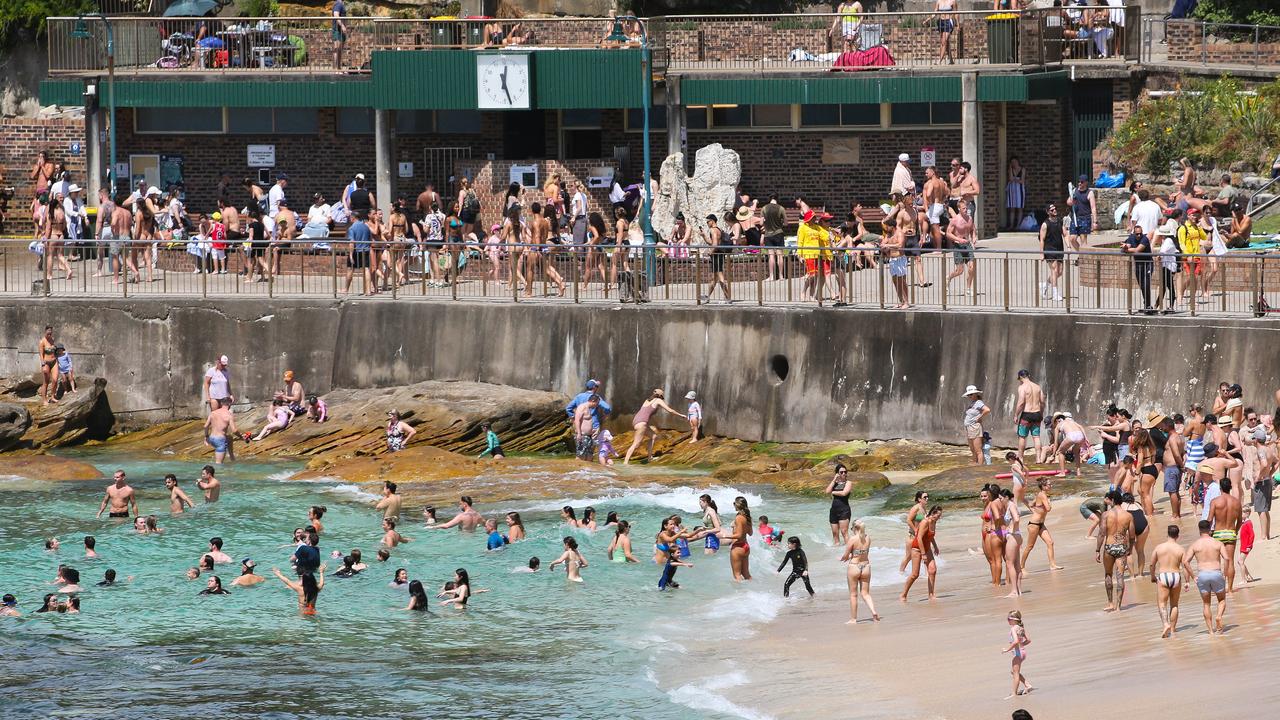‘A cancer consuming the island’: Idyllic holiday spot at breaking point amid tourism overload
It’s the idyllic string of islands that’s drawing millions of tourists each and every year. But a sinister trend is pushing the region to “breaking point”.

It is known as one of the most picturesque islands in Spain.
But residents of the Canary Islands are taking drastic action following years of overtourism, with hoards of visitors now pricing out locals and reducing resources along the way.
In a bid to fight back at the rapid development on the island and the surge of tourism that’s followed, especially with the construction of two new hotels set to be built, locals are considering hunger strikes and protests in retaliation.
According to local environmental organisation Fundación Canarina, the number of tourists jumped from 11.5 million per year to around 16 million annually in the last decade, CNN reported.
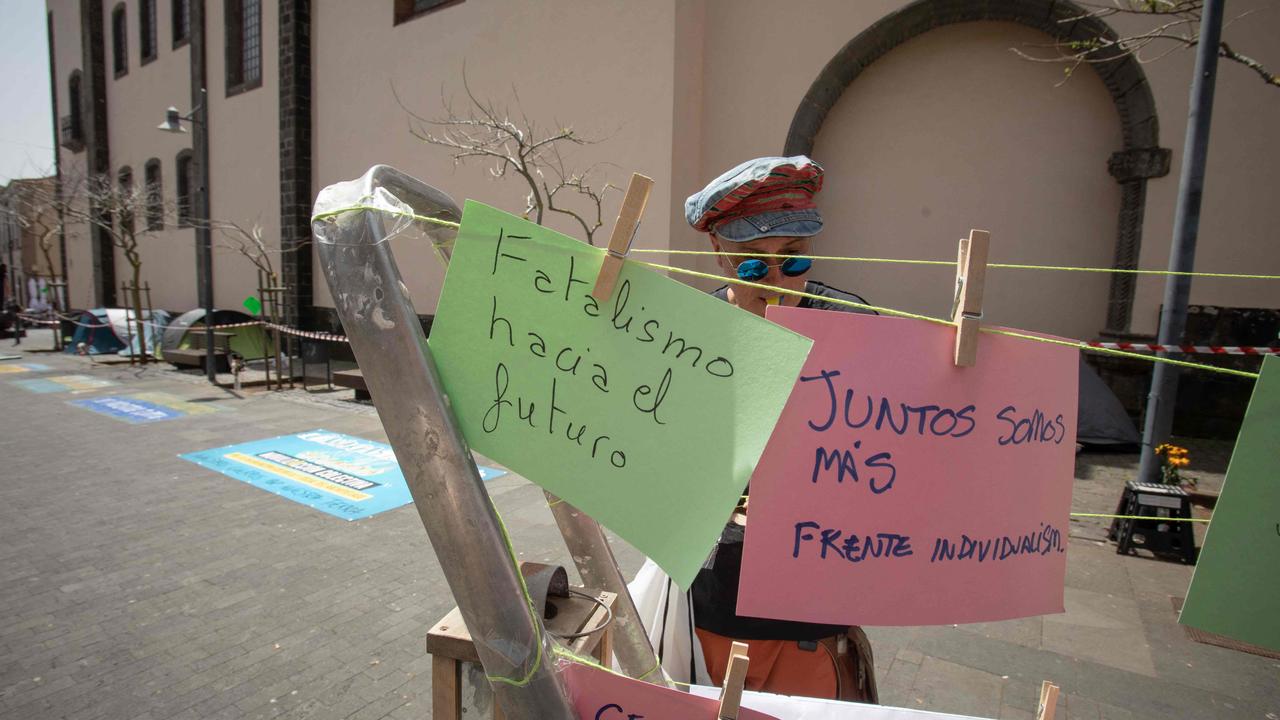
As a result of the surge, locals are reportedly being forced to live in their cars – and some even in caves – due to the tourism boom consuming the island.
Currently, activists and environmentalist groups in Tenerife, Fuerteventura, Gran Canaria, Lanzarote and La Palma have planned for mass anti-tourism protests on April 20 — with outraged locals now spraying some popular tourism spots with graffiti to ward off holiday-makers.
“It’s a crisis, we have to change things urgently,” Ivan Cerdena Molina, who is helping organise the protests, told southern Spain’s The Olive Press.
“People are living in their cars and even in caves, and locals can’t eat, drink or live well.”
Mr Cerdena accused accommodation platforms like Airbnb and Booking.com as a “cancer that is consuming the island bit by bit.”


“The benefits of the industry are not trickling down to everyday people, whose salaries have not increased in years, the quality of life here is collapsing.”
Because of the expanding cost of accommodation, as well as the influx of visitors congesting health facilities and other essential services — activists say living at the island is becoming too expensive and “unlivable” for the 2.2 million who call the Canary Islands home year around.
“The current model has completely destroyed the quality of life in the Canary Islands and those reasons that made the islands unique: the conditions of a dignified and valuable life, our biodiversity, our landscapes, our people and the identity of what we were,” campaigners from group Canarias se exhausta (“The Canary Islands are exhausted”) said.
“It is necessary to act immediately to change the mass tourism model for a regulated model based on degrowth and the sustainable coexistence of the tourism industry with the general wellbeing of the population.”
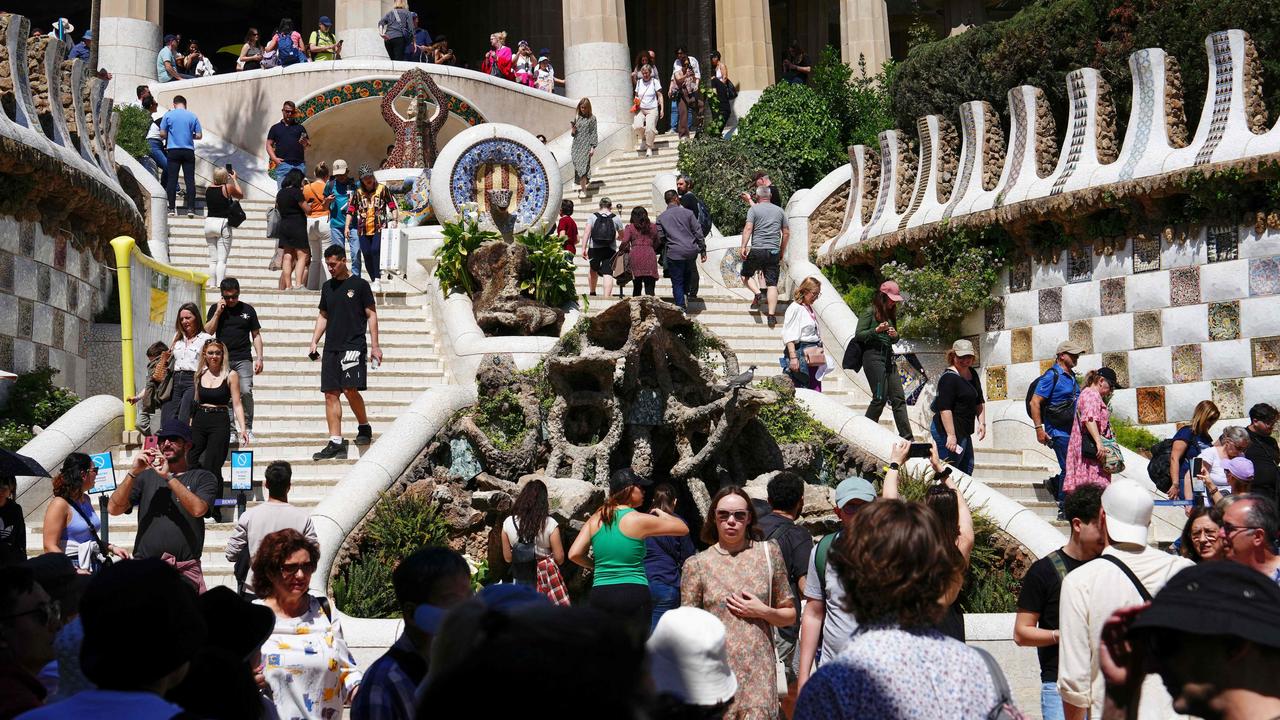
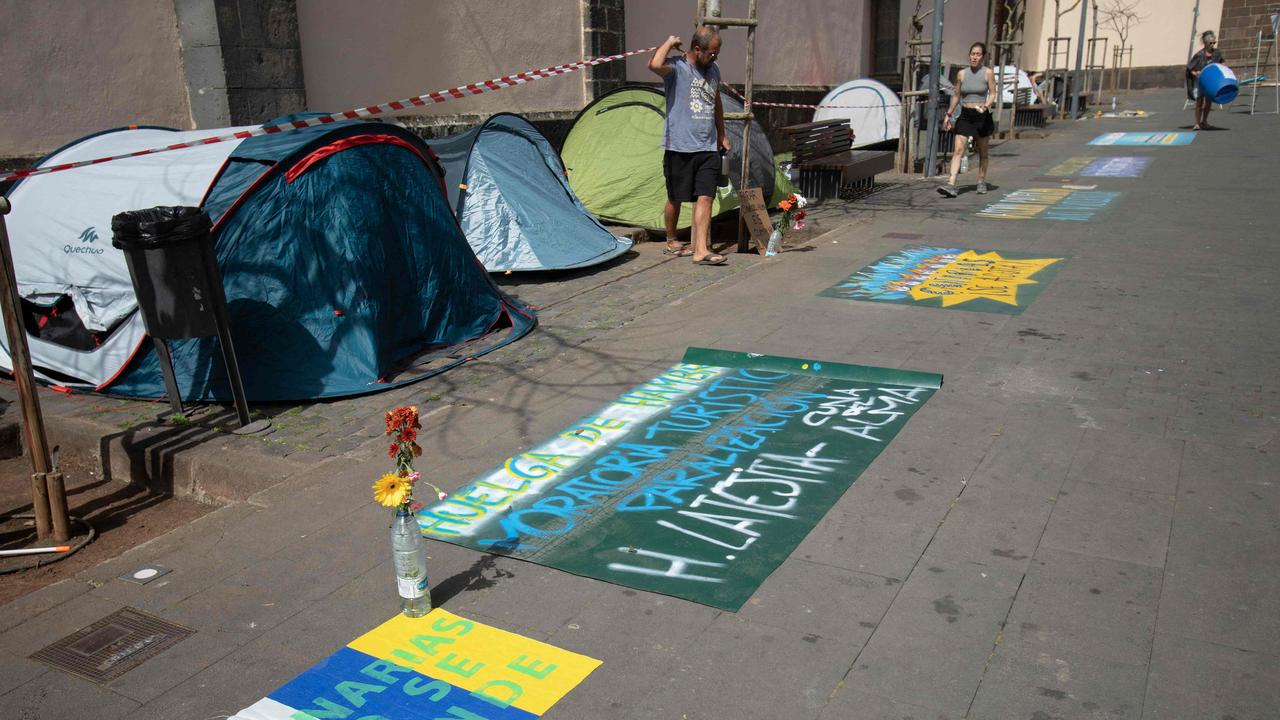
According to Reuters, a draft law is expected to pass this year which will look at toughening the rules on short -term rentals following ongoing complaints from locals who are increasingly being priced out of the housing market.
In addition to recouping money amid the visitation surge on the Canary Islands, holiday-makers may soon face a new daily charge — often dubbed as a ‘tourist tax’.
As reported by Canarian Weekly,President of the Canary Islands, Fernando Clavijo hinted that introducing a tourism levy is a possibility.
“It is true that the ecotax is not included in the government program, but it is also true that we are willing to discuss it; the government will always engage in dialogue,” he said.
“It is a successful model that has generated a lot of employment and wealth, but it is also true that we have to continue improving it.”
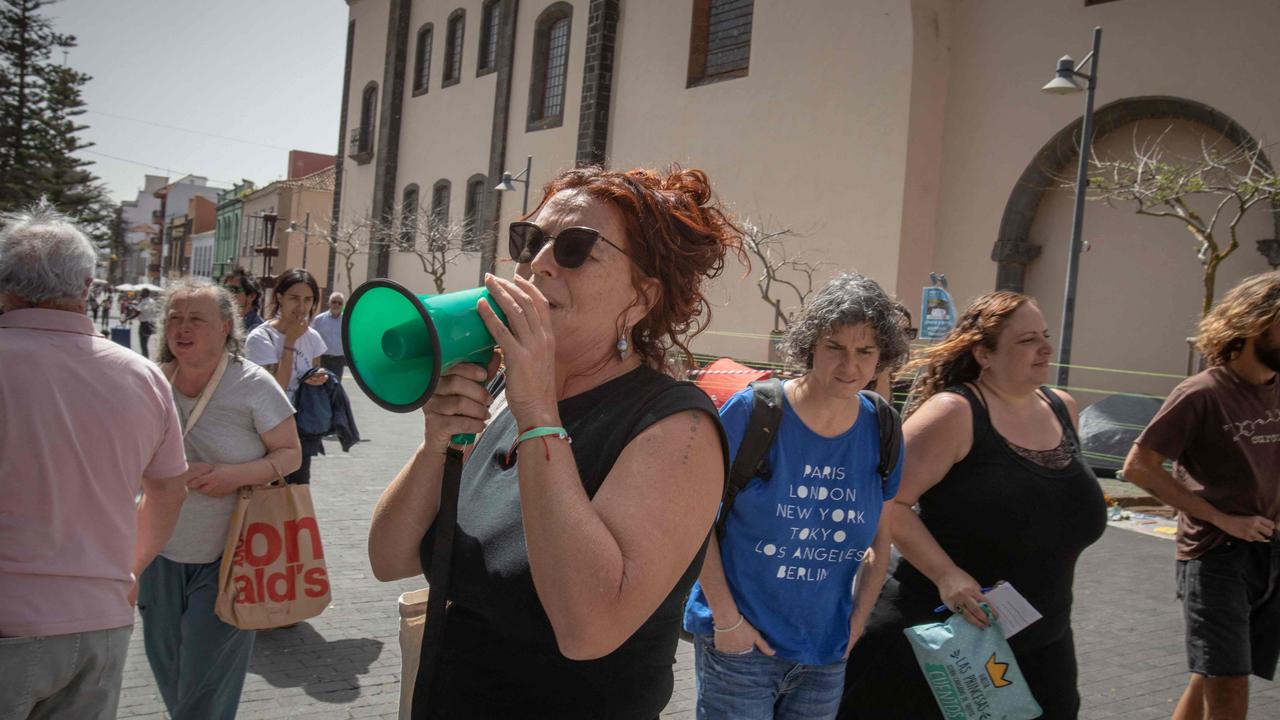
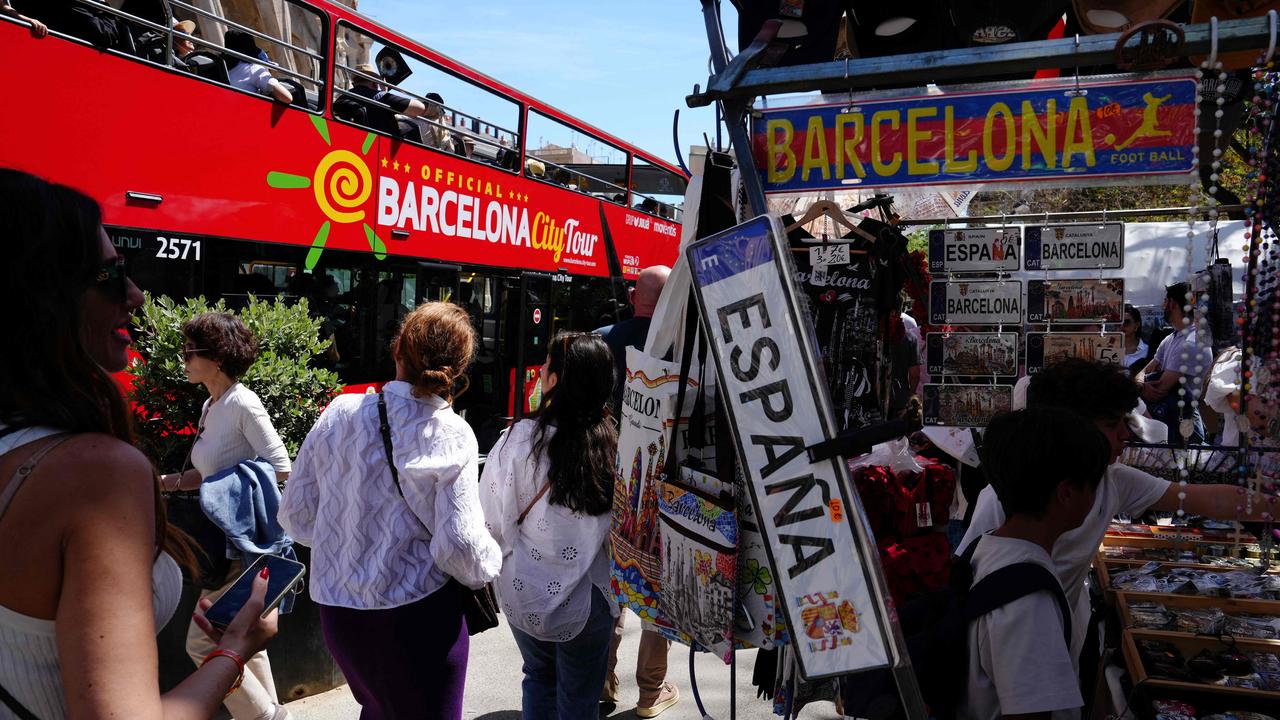
However, President Clavijo argued that the government would need to tread carefully and to use “common sense” when implementing regulations.
“What we cannot do is attack our main source of employment and wealth because it would be irresponsible,” he said.
While the activists have earmarked April 20 for demonstrations many have said is motivated by “despair”, members of the groups insist they are not “tourismphobic”.
“We have nothing against individual tourists, but the industry is growing and growing and using up so many resources, and the island cannot cope,” Mr Cerdena Molina.
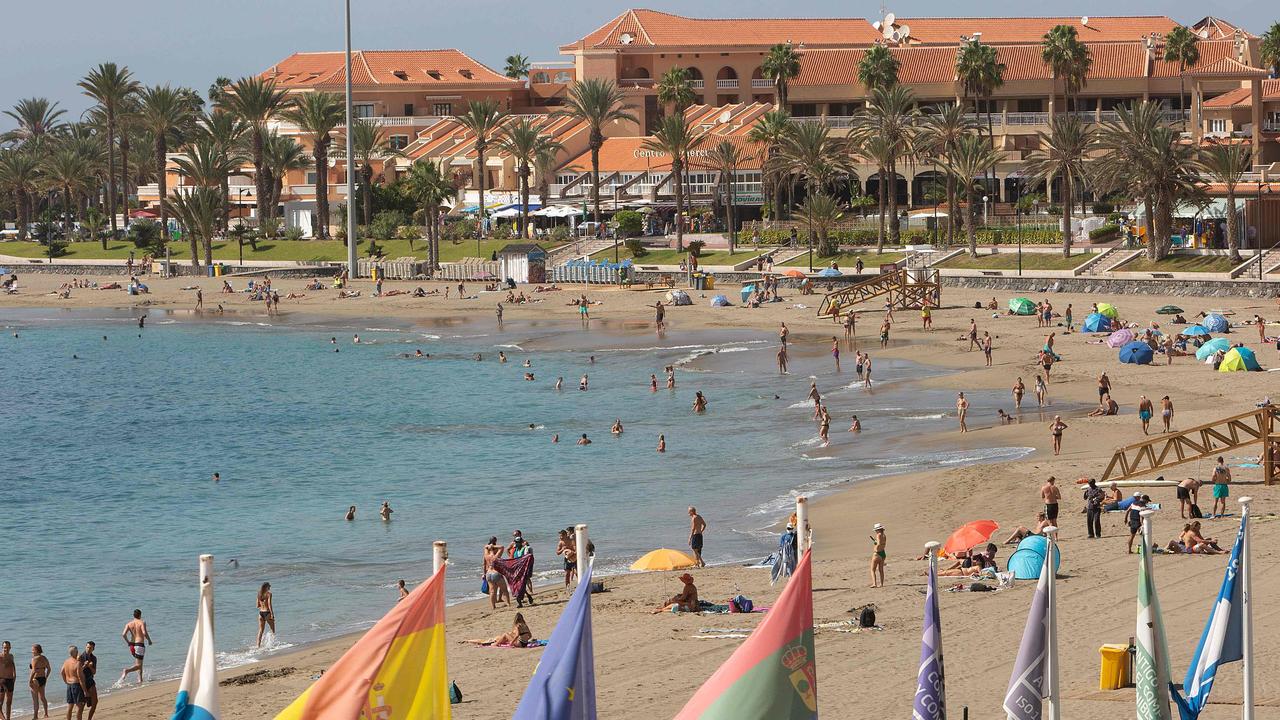
“We in these islands have always been very welcoming to tourists. But we want more sustainable tourism,” Ruben Zerpa, of Canaries Sold Out activist group, told UK newspaper i.
“Tenerife is a small island with limited resources. The roads are overwhelmed with traffic, there is a hydraulic emergency going on and hotels are full.”
According to the publications, a recent report from Ecologists in Action warned that almost 34 per cent of the local population – nearly 800,000 people – are at risk of poverty or social exclusion.





